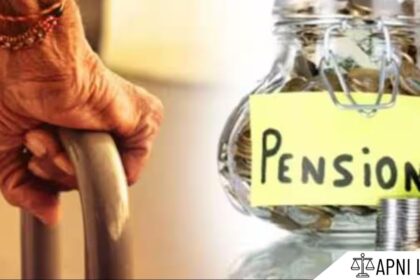Code
49. (1) Whenever,—
- (i) a person is arrested by a police officer under a warrant which does not provide for the taking of bail, or under a warrant which provides for the taking of bail but the person arrested cannot furnish bail; and
- (ii) a person is arrested without warrant, or by a private person under a warrant, and cannot legally be admitted to bail, or is unable to furnish bail,
the officer making the arrest or, when the arrest is made by a private person, the police officer to whom he makes over the person arrested, may search such person, and place in safe custody all articles, other than necessary wearing-apparel, found upon him and where any article is seized from the arrested person, a receipt showing the articles taken in possession by the police officer shall be given to such person.
(2) Whenever it is necessary to cause a female to be searched, the search shall be made by another female with strict regard to decency.
Explanation
This section of the BNSS Code outlines the legal framework for searching an individual who has been arrested and is unable to provide bail. It specifies two scenarios:
- Arrest under warrant: If an individual is arrested based on a warrant that doesn’t allow for bail or if they cannot afford the required bail amount, they can be searched.
- Arrest without warrant: If an individual is arrested without a warrant or by a private individual with a warrant and they are either not eligible for bail or cannot afford it, they can be searched.
The search is conducted by the arresting officer or, in the case of a private arrest, by the police officer who takes custody. Any items found on the person, except for necessary clothing, can be seized and placed in safe custody. The arrested individual is entitled to a receipt detailing the seized items.
The code also specifies that if a female needs to be searched, the search must be conducted by another female with utmost regard for decency.
Illustration
Imagine a person is arrested for a non-bailable offense. They cannot afford bail. In this scenario, the arresting officer has the legal right to search the individual for any potentially dangerous or incriminating objects. The officer would then provide the person with a receipt for any items seized during the search.
Common Questions and Answers
Q: Can anyone be searched after an arrest, regardless of their ability to provide bail?
A: No. This section specifically applies to individuals who cannot legally be admitted to bail or are unable to furnish bail.
Q: What items can be seized during the search?
A: Any items found on the person, except for necessary clothing, can be seized. This may include weapons, drugs, or other incriminating evidence.
Q: What if the arrested person refuses to be searched?
A: In such a situation, the officer can request a female officer to conduct the search if it is necessary to cause a female to be searched, or, if it is not, can proceed with the search themselves.
Q: What happens to the seized items?
A: The seized items are placed in safe custody and will be subject to further investigation and legal proceedings.








